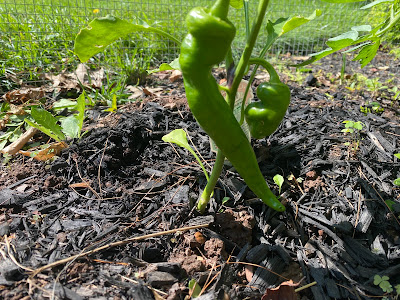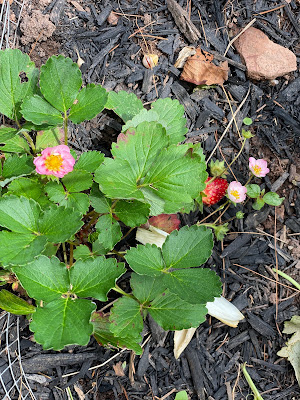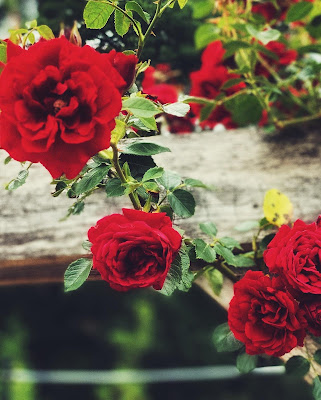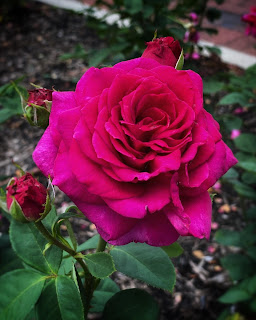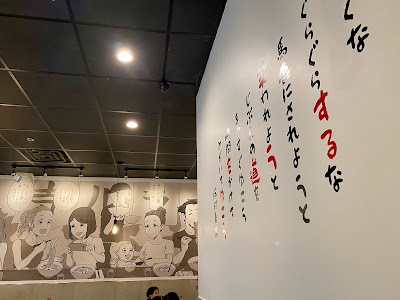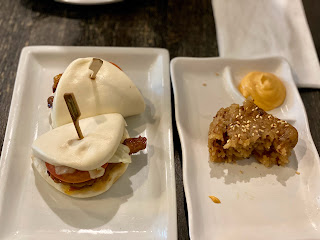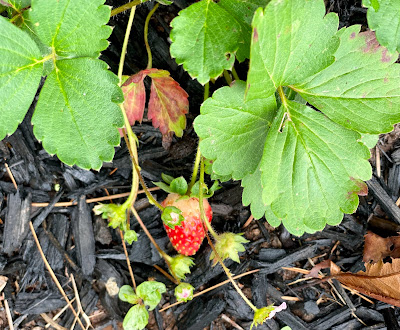周一(6/20/2022)
真沒有想到還得到了一天的休息。周末的時候問了一下姚剛他們Rixi的情況,他們說7/4的長周末要出門,問我們可不可以看Rixi。我說當然可以。
早晨也是在7點之前醒過來。腿上的潰瘍始終不好,一直結了痂就破的樣子。唉。
一天在厨房裏忙活,一天的飯食需要準備。因爲不上班,就給她準備一下omelet。花菜肉片,韭菜炒鷄蛋。給她還香煎了雞胸脯。我把剩下的韭菜處理掉了,準備了點蝦仁,這樣包了一包餃子。沒有想到還多了一點點餡,準備下次再有韭菜的時候再説吧。
又準備了豆漿,已經將近一個月沒有喝豆漿了。
中午的時候,她去健身房,我就出門走了一圈,可以走到21分多一個英里,走了快要一個半英里,希望能慢慢build tolerance。
周二(6/21/2022)
一早起來,想起來今天要陪她去做換機油的服務,於是準備好,穿上義肢,等著她下樓來。昨天晚上她將近4點才回來,今天早晨怎麽起得來。的確是去了圖書館。而車行來電話說是還需要修理其他的一切部件,我也都同意了。很多時候不是說都是按照你的步驟和計劃來運行,我只想讓她開的車至少保證是安全的,所以我毫無條件地同意了,所以一下子修理費又是400多。
The Misery Filter
At Christmas in 2015, the psychiatrist and blogger Scott Alexander wrote a post about his experience treating people “in a wealthy, mostly white college town consistently ranked one of the best places to live in the country.” Despite being in the sort of place that both the intersectional left and the populist right would reasonably identify as wildly privileged, Alexander wrote, his practice was dominated by people with “problems that would seem overwrought if they were in a novel, and made-up if they were in a thinkpiece on ‘The Fragmentation of American Society.’ ”
He went on to argue that these encounters were not just an artifact of his vocation — that actually, by virtue of being a psychiatrist, he was getting a more accurate look at how bad things can get in a comfortable part of the United States than a basically healthy person circulating among basically healthy people might realize.
For personal reasons his essay resonated strongly with me at the time, and particularly his point about how Americans tend to “filter for misery” in the same way we filter for political agreement in our increasingly self-segregated social worlds.
This misery filter is partially a function of the other forms of segregation. Think of how upper-class America didn’t notice the crescendo of misery that became the opioid epidemic until the Trump phenomenon sent journalists out to the hinterland looking for an explanation. Or how partisanship encourages us to downplay suffering within the rival political coalition — to imagine Republican “whiteness” as one long suburban barbecue, or life on the liberal coasts as all Georgetown cocktail parties and welfare-queen idylls.
But I think Alexander is right that the filter is also part of life within the most successful social enclaves — especially for chronic miseries that don’t fit an easy crisis-resolution arc. We tend to be aware of other people’s suffering when it first descends or when they bottom out — with a grim diagnosis, a sudden realization of addiction, a disastrous public episode. But otherwise a curtain tends to fall, because there isn’t a way to integrate private struggle into the realm of health and normalcy.
Some of this is inevitable and necessary. You cannot fulfill your own obligations while constantly stewing in other people’s pain, and a community that wallows too much in suffering can actually spread it, by encouraging the healthy to go down the slide toward addiction or depression because everyone they know is sliding first.
But a strong filter also creates real problems, because it effectively lies about reality to both the healthy and the sick. It lies to the healthy about the likelihood that they will one day suffer, hiding the fact that even in modernity the Book of Ecclesiastes still applies. It lies to the sick about how alone they really are, because when they were healthy that seemed like perfect normalcy, so they must now be outliers, failures, freaks.
And this deception is amplified now that so much social interaction takes place between disembodied avatars and curated selves, in a realm of Instagrammed hyper-positivity that makes suffering even more isolating than it is in the real world.
These thoughts are in my mind because I’ve been reading “Before You Wake,” by the conservative pundit Erick Erickson, a memoir addressed to his children and inspired by the descent of different life-threatening illnesses upon himself and his wife.
I found the book particularly striking because, like many people in our profession, I know Erickson virtually but not really in real life — which means, in fact, that I don’t know him, I know only the pugilistic piece of him that shows up for fights online. So reading his personal story is a small experiment in weakening the filter, in shaking off the spell of simulated life, of letting a person’s suffering give you a glimpse of them in full.
But beyond the virtual/real distinction it’s also interesting to watch a writer try to impart a sense of what a Via Dolorosa is really like, of how you make sense of it and bear it, to people he otherwise tries to protect from suffering — his children.
Because this seems to me to be the signal failing of modern education — visible among my own peers, now entering the time of life when suffering is more the weather than a lightning strike, but especially among the generation younger than us, who seem to be struggling with the contrast between what social media and meritocracy tell them they should feel and what they actually experience.
In America we have education for success, but no education for suffering. There is instead the filter, the well-meaning deception, that teaches neither religious hope nor stoicism, and when suffering arrives encourages group hysteria, private shame and a growing contagion of despair.
How to educate for suffering is a question for a different column. Here I’ll just stress its necessity: Because what cannot be cured must be endured, and how to endure is, even now, the hardest challenge every one of us will face.
周六(6/25/2022)
發現了這個小家夥會有直播。給謹雯拍了一張自己染過頭髮的照片。歲月不饒人。







